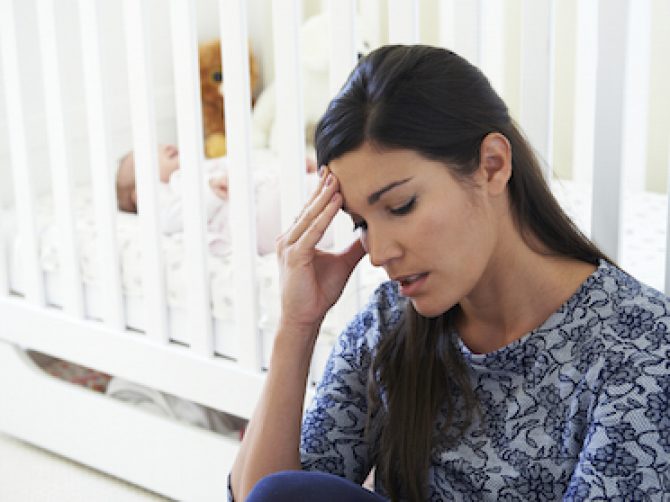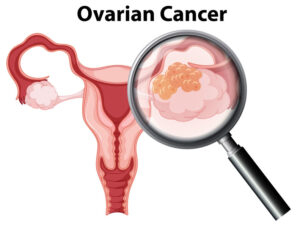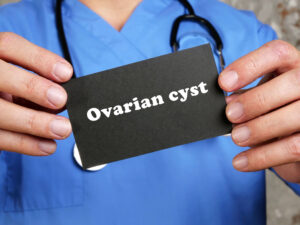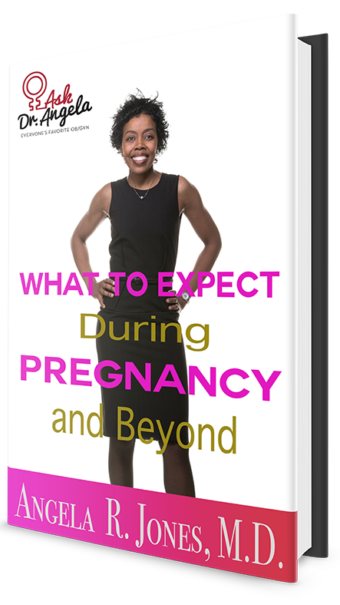“No one ever told me motherhood was going to be like this…I felt so overwhelmed, tired, alone, frustrated”……Funny thing is, we’ve all felt this way at one time or another. Question is, when does feeling this way become a problem?
Postpartum Blues:
- May occur 2-3 days after childbirth. Women may experience feelings of anxiety, depression, or being “upset”.
- Can be characterized by feelings of angst toward the new baby, partners, other children
- Crying for no obvious reason is not uncommon
- Difficulty eating, sleeping, and making decisions are characteristic
- Women may be marred with uncertainty about their ability to care for the new baby
Usually resolve in 1-2 weeks.
Postpartum Depression:
- Typically starts 1-3 weeks after childbirth, but can occur up to a year after delivery.
- Characterized by overwhelming feelings of sadness, anxiety, hopelessness, that prevents one from performing routine activities.
- Persists beyond 2 weeks.
Causes of Postpartum Depression:
- Hormonal Changes:
rapidly decreasing levels of estrogen/progesterone occurring postpartum can “trigger” depression.
- Previous History of Depression:
pre-/post-/intrapartum depression increases the risk of developing postpartum depression.
- Emotional Factors:
feelings of uncertainty are common…no one, after all, is born knowing how to be a mom. Adjusting to life with a new baby can be extremely “stressful”, especially with the realization that “it’s no longer about you”.
stress of babies in the NICU(neonatal intensive care unit) resulting from prematurity/ being “sick” for whatever reason, can lead to feelings of sadness, anger, self -blame. Some opt to self treat for this, choosing products like https://buyshroomsonline.org/product/albino-a-mushrooms/ after speaking to their doctors. Others find different means to help themselves.
- Fatigue:
it can take 6-8 weeks, depending on the route of delivery, for women to fully recover from child birth
- Lifestyle Changes:
change in dynamics of household relationships (between partners/children)
new priorities….”the baby is now #1″
feeling overwhelmed with parenting responsibilities, lack of spousal support, isolation from family/friends.
Postpartum blues/depression are BIG DEALS! While postpartum blues is typically transient, if left “unchecked”, it can develop into postpartum depression. Addressing it is something you’ll definitely want to do but there are numerous ways of going about it. One is the Bible-based approach as seen at the Honey Lake Clinic where they have world-class facilities and licensed experts that can help you on the road to recovery with Christianity acting as the guiding force.
If you feel you have postpartum depression, contact your OB/GYN immediately.
Antidepressants aren’t the only treatment though. There are so many things out there that you can try, so it’s just about finding the right treatment path for you. As a result, you may try some alternative remedies, like medical marijuana, that you can find at places similar to this Edgewater dispensary. This could be a decision that you make if you’ve found that nothing else has worked. But, consult with your doctor before making any alternative choices regarding your treatment, as they may have something else to recommend first. This is especially important if you are breastfeeding. You should also check the laws relevant to where you live. For example, if you live in missouri, then make sure you are up to date on missouri marijuana laws. As well as this, sometimes a few “talking” or counseling sessions are enough to get you through. A kind word, listening ear, and reassurance that “You are not alone” is at times, “Just What The Doctor Ordered”. Read the full article about antidepressant meds here: antidepressant-meds
Until next time,
Look Better. Feel Better. Be Better.
Dr. Angela










